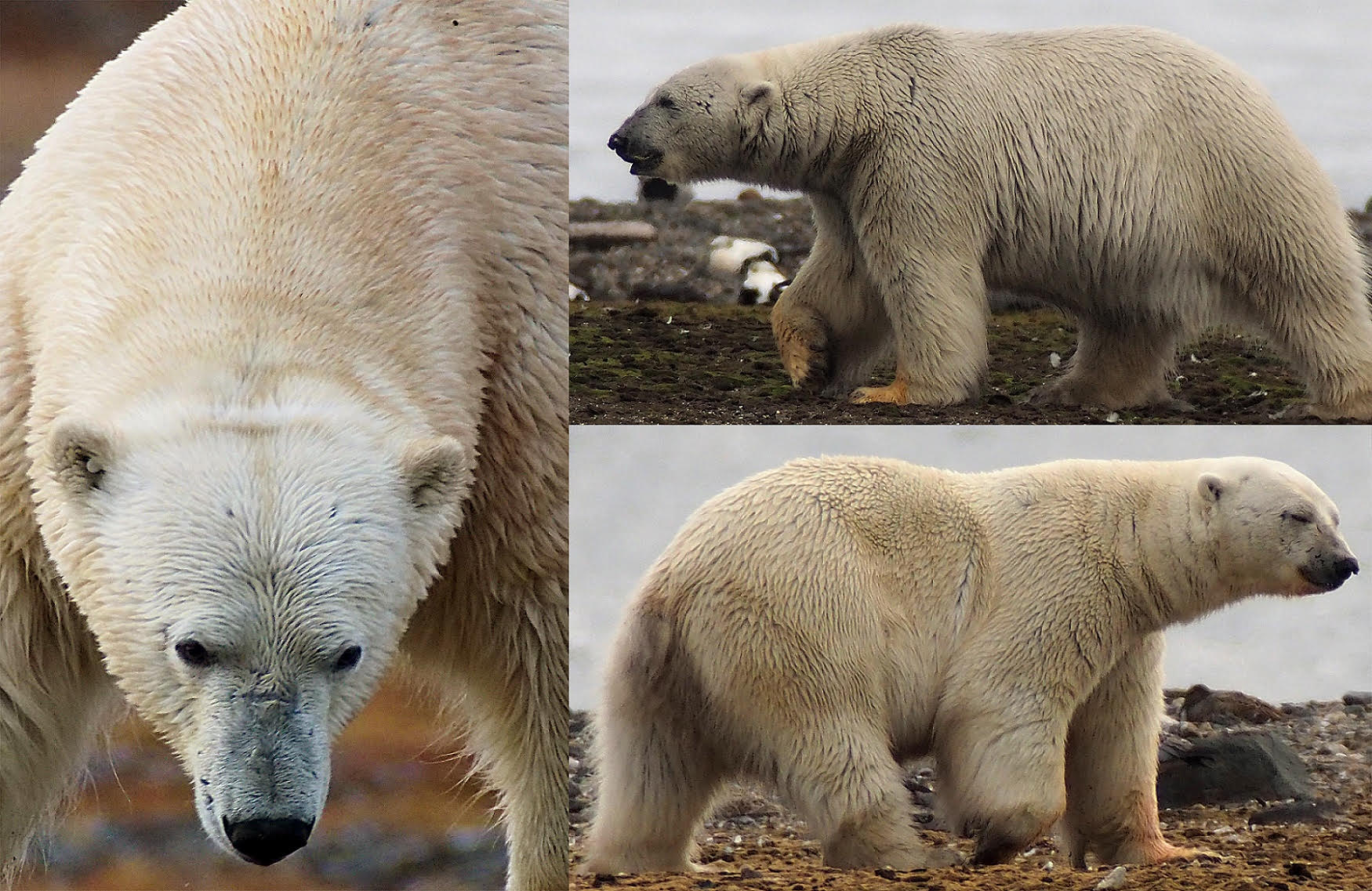Safe method for identifying polar bears tested
Identifying individual animals is an important part of biological field research. But how do you distinguish between individual animals when you do not want to capture or mark them, or when they do not have clear markings in their fur and are so dangerous that you cannot get close to them? These are the kinds of problems that researchers encounter when studying polar bears. But this research is vital now that these top polar ice predators are suffering the consequences of climate change. Researchers from the Arctic Centre at the University of Groningen (UG) and the Norwegian Institute for Nature Research in Trondheim have developed a method for identifying individual polar bears in their natural habitat.
The method is based on analysing external characteristics that are easily recognizable on photos.
Dr Jouke Prop, researcher at the Arctic Centre: ‘Researchers taking photographs must keep their distance so that they do not disturb the animals or put their own lives in jeopardy. But how do you then see the details that enable you to recognize individual animals? We tested the reliability of our new method using a series of photos of polar bears from various European and North American zoos. The images were obtained in the same way as we take photos in the polar regions, before being assessed by test subjects. The results show that it is possible to identify individual polar bears using the method that we have developed. Experience with image analysis makes the identification of individual animals even more reliable.’
The method opens up new possibilities for studying polar bears at the North Pole. The researchers think that their method will benefit the protection and management of this species.

More news
-
15 September 2025
Successful visit to the UG by Rector of Institut Teknologi Bandung
